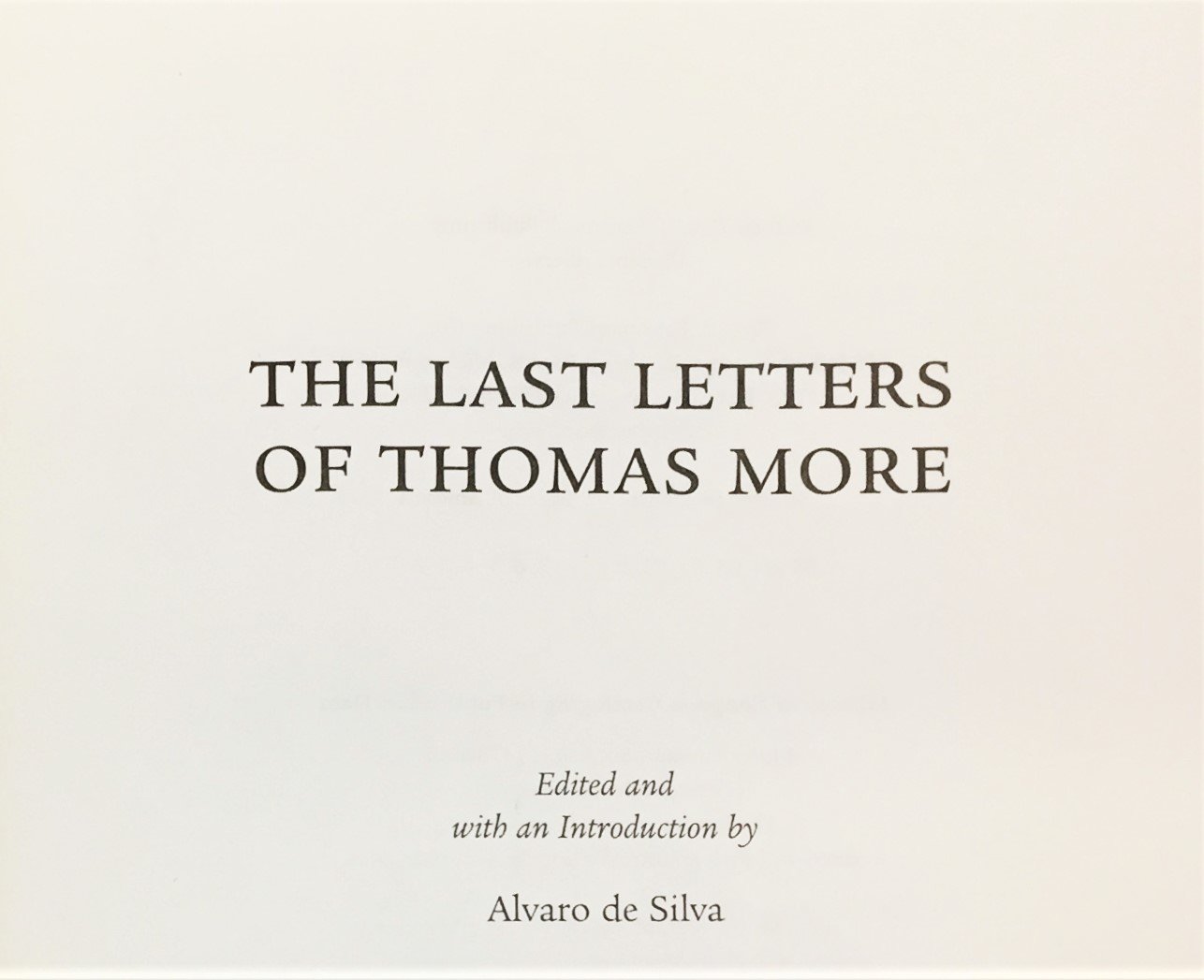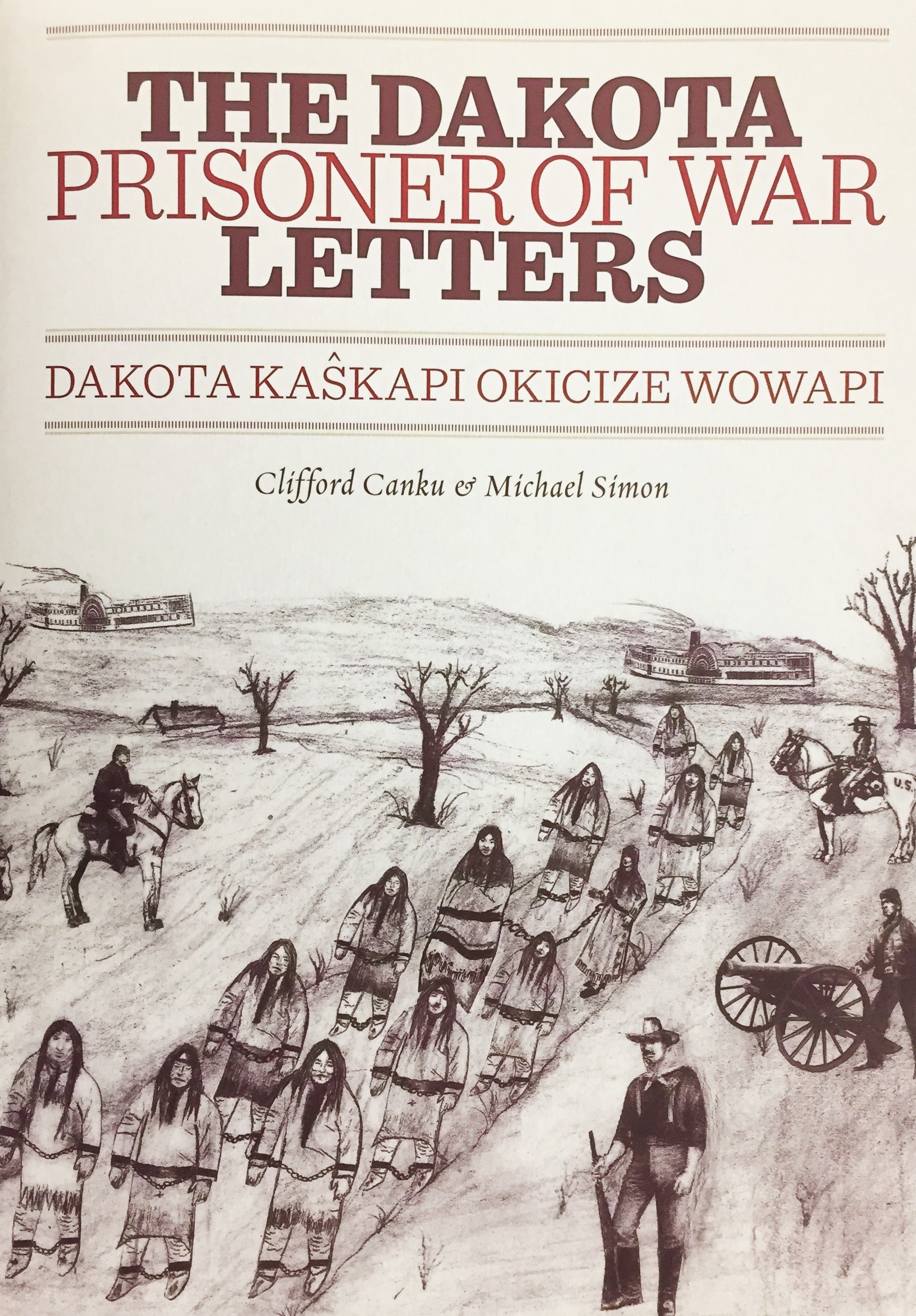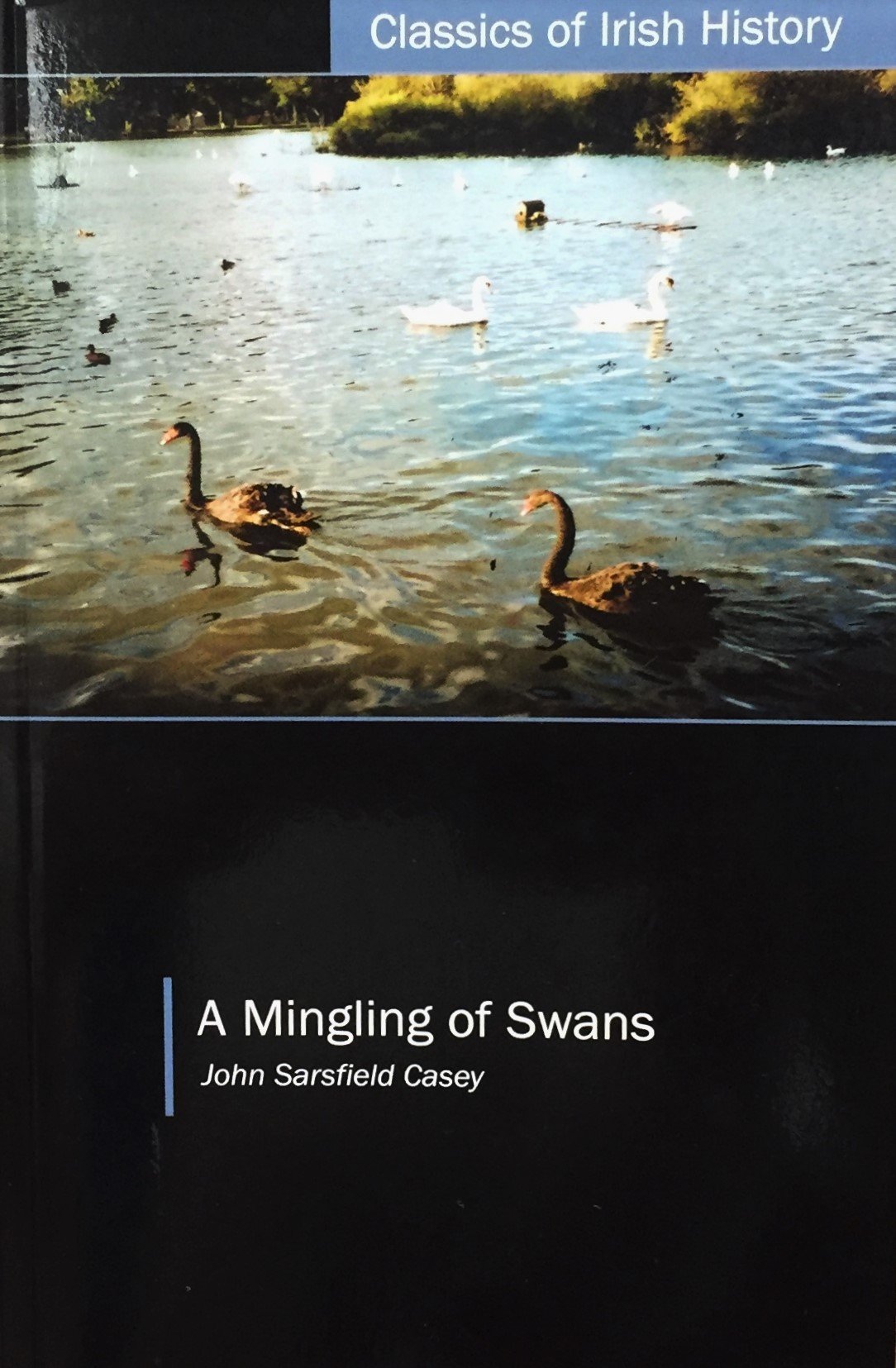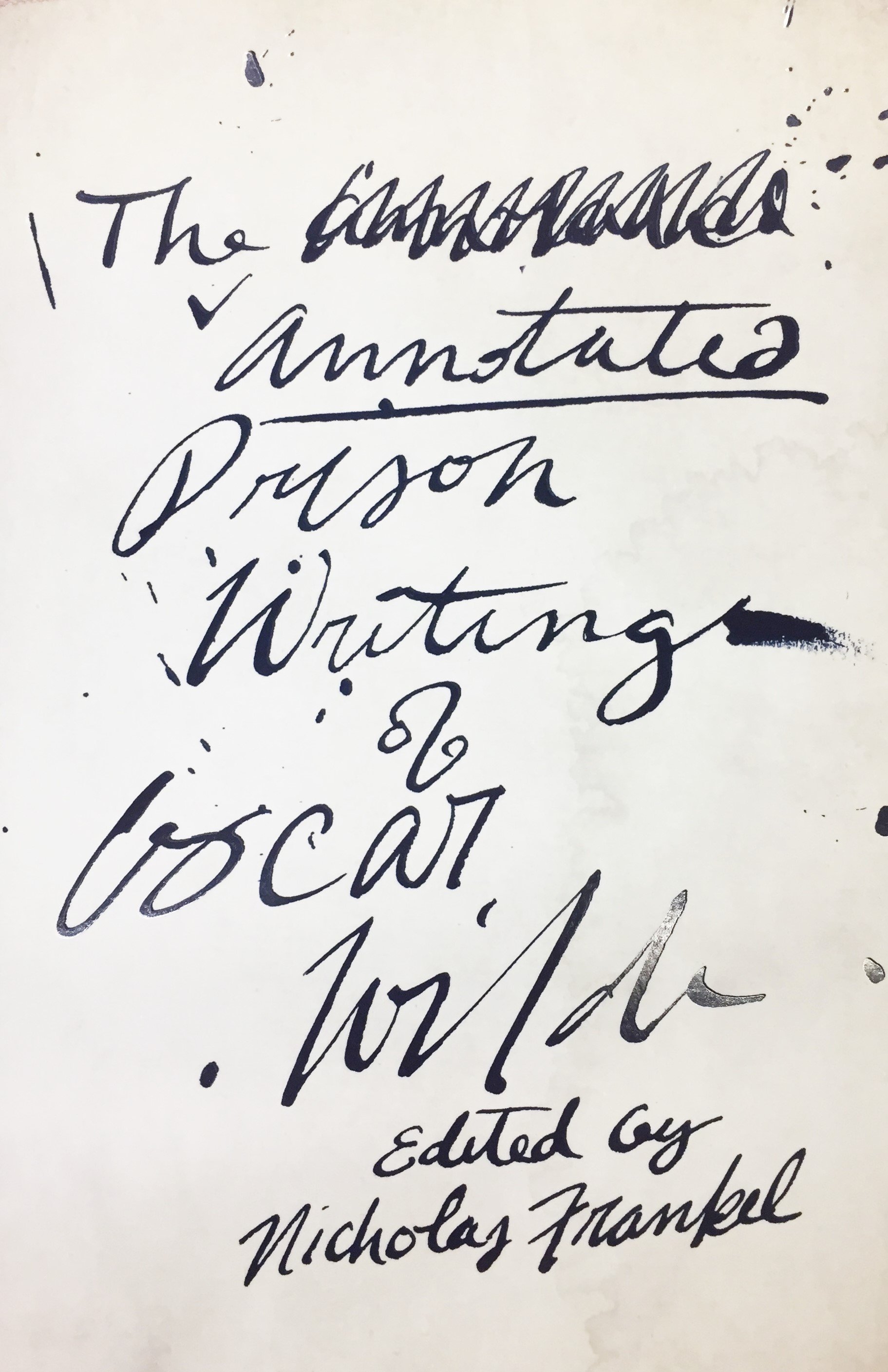1500s - 1800s

The Last Letters of Thomas More. Edited and Introduction by Alvaro De Silva. Grand Rapids, MI: W.B. Eerdmans, 2000.
"For against mine own to swear were peril of my damnation and what mine own shall be tomorrow myself cannot be sure and whether I shall have finally the grace to do according to mine own conscience or not hangeth in God’s goodness and not in mine, to whom I beseech you hearily remember me in your devout prayers and I shall and daily to remember you in mine, such as they be, and as long as my poor short life shall last, anything that I have, your part shall be therein."
– 1534

Canku, Clifford and Michael Simon, eds. The Dakota Prisoner of War Letters: Dakota Kaŝkapi Okicize Wowapi. Introduction and afterward by John Peacock. St. Paul, MN: Minnesota Historical Society Press, 2013.
"One of my relatives, His Country, I don’t know how to write you a letter, but now last spring I came home [to Redwood], but then now my husband died, I came home. And then no one takes pity on me, and I am suffering terrible. I depend on you alone very much but you are too far away. To see you I can, I will say one thing to you, I want to but I cannot."
– 1864
A Mingling of Swans: A Cork Fenian and Friends “visit” Australia. Edited by Mairead Maume, Patrick Maume and Mary Casey. Classics of Irish History. Dublin:
"Close confinement, in the depth of winter in a cold and cheerless cell for twenty-three out of the twenty-four hours: insufficient clothing to preserve even the natural heat of the body: sleeping at night on a hard board raised three inches above the cold flag, with a billet of wood for a pillow. And two threadbare blankets and a rug, weighing in all about ten pounds, the only protection against the intense cold: deprived, by an exquisite refinement of cruelty. Even of the miserable comfort to be derived by spreading our day clothes on our frozen limbs, being obliged to place outside the cell door at night our clothes, furniture, etc. – what none but the most incorrigible ruffians, and such as attempt self-destruction, are required to do."
– 1868
The Annotated Prison Writings of Oscar Wilde. Edited by Nicholas Frankel. Cambridge, MA: Harvard University Press, 2018.
"I need not say how utterly distressed I was to see these children at Reading, for I knew the treatment in store for them. The cruelty that is practiced by day and night on children in English prisons is incredible, except to those that have witnessed it and are aware of the brutality of the system."
– May 27, 1897

